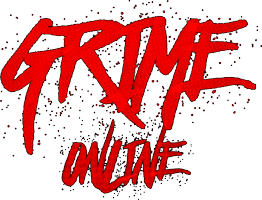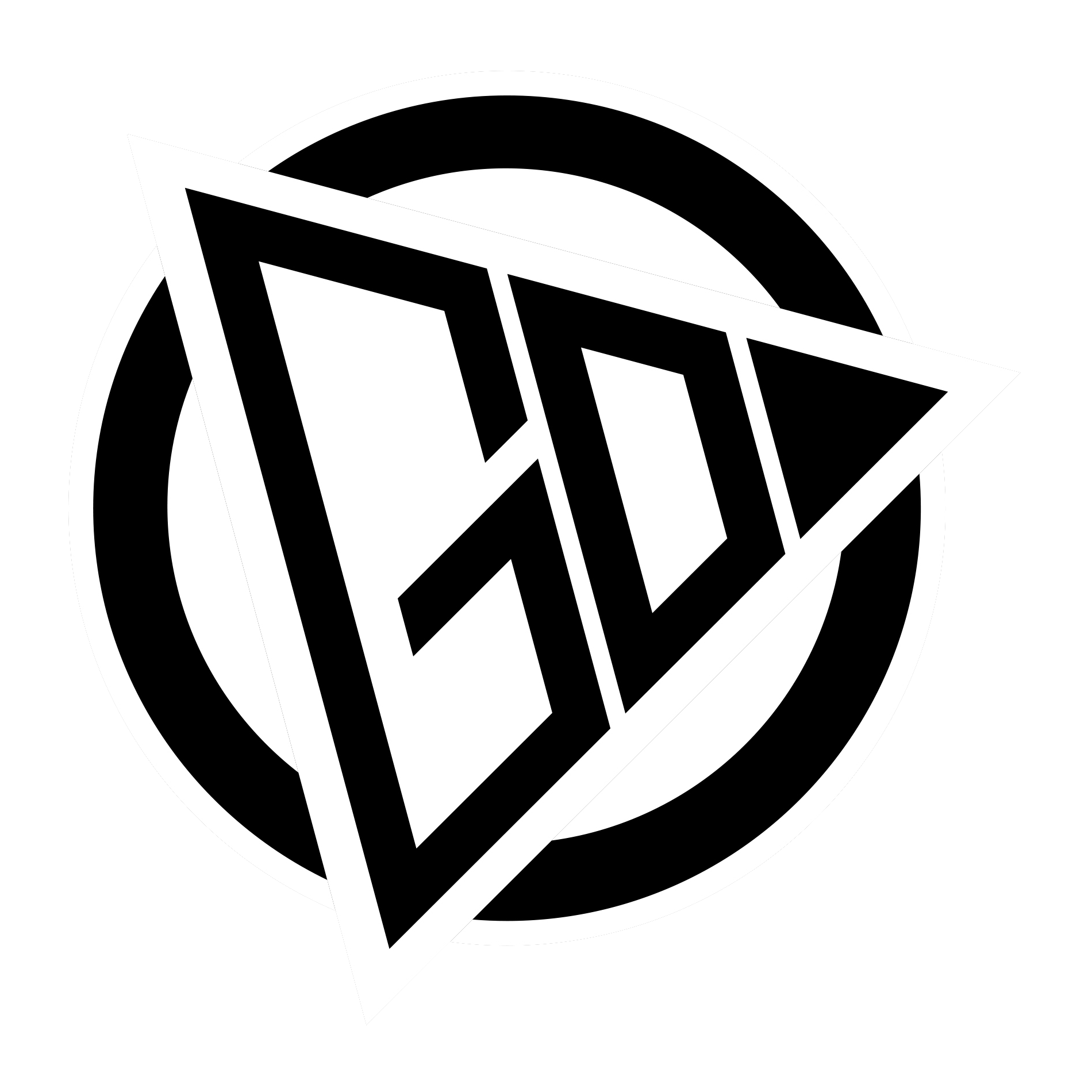Terms
Terms of use
Privacy
Privacy Policy
CA Privacy
California Privacy
COMPLEX participates in various affiliate marketing programs, which means COMPLEX gets paid commissions on purchases made through our links to retailer sites. Our editorial content is not influenced by any commissions we receive.
© Complex Media, Inc. All Rights Reserved.
Complex.com is a part of
Contributor | Twitter: @Ajay_Rose.
Share This Story
There was once a time when 'urban' music in Britain only existed online. Before Spotify playlists and the Official UK Charts championed rap-orientated music, the onus fell largely on platforms that had no clear route to commercialisation. Link Up TV, first and foremost, is a music video hub. From hosting anthems like "Karla's Back" by Mist and Section Boyz's "Trappin' Ain't Dead", to their iconic Behind Barz freestyle series, Link Up have become an undeniable force in British rap music over the years. With over 5,000 videos, two apps and now a print magazine, it's fair to say that Link Up TV has played a monumental role in helping the scene grow to where it is today.
Their YouTube channel—which launched in 2009—has provided the basis for much of Link Up's success, producing eye-popping stats along the way. With almost one billion video views, 792,000 subscribers and 1.8 million followers on social media, Link Up's numbers among UK 'urban' media platforms are second to none. 67's UK drill anthem, "Let's Lurk", has racked up close to 11 million views on the channel and is an accurate representation of how the online world has wrestled away a lot of the power from the more traditional entertainment mediums.
We caught up with founder Rashid Kasirye to find out how he built one of the UK's leading black music/media platforms.
COMPLEX: How did the idea for Link Up TV come about?
Rashid Kasirye: Many don't know that Link Up TV's first steps involved being an events website that promoted raves. I tried that but couldn't keep up with Promotion City, who were the go-to people at the time, so I decided to focus on videos. At that time, funds were a bit low so I couldn't really travel a lot to go and link different MCs, so I decided to put everyone in one studio and bring the talent to me. I remember I filmed the first ever Behind Barz with Dramatics, who was one of the best lyricists around. He had one bar that I loved where his friend asked where he keeps the burner, and he replies: "Against the Bush like Obama". Trust me: he was one of the best! We did the Dramatics episode, but it never came out. Then a friend of mine, Ren, had a studio and said we can use it every Sunday, so that's what we did and that's how things begun.
What were the first videos you shot for the channel?
We filmed four Behind Barz freestyles with Che Lingo, D-Bo, Direman and Smartz. The one that really helped us was Fem Fel's Behind Barz. That helped put us more on the map with the South London lot. Attention-wise, we had a lot of North and West MCs, and a few South guys too, but when Fem Fel came on it was game over. Then, from there, people like Krept & Konan paid attention to us.
In 2011, Krept & Konan's Behind Barz freestyle was one of few to have racked up more than one million views. Was this a breakthrough moment for the freestyle series?
It was, because—to an extent—that put us on. After that, Shower Mailk and Cashtastic hit us up, but Cash wasn't that big. So we said, "If you can bring through Shower Mailk, you can get a Behind Barz." Then he brought him through and got his freestyle. And that Cash Behind Barz done what it did for him. Then Young Adz and more artists came through, but everything started from the Krept & Konan one.
How did you go about securing so many big music features?
Ratlin's "Messiah" was a big moment for us, in terms of music videos. When that dropped, my bookings started coming in as a video director, because I shot that video. We got busy because of that video. Also, at the time, no one was doing behind-the-scenes content, so we did those to just build relationships with artists and get some extra content. That was quite important for us as well.
Link Up TV was hacked in December 2012. How did you deal with that?
Enea worked hard and got it done. We found out that it was someone in Southend; they did our website, YouTube channel and Facebook. We managed to get it up and running but a lot of videos went missing.
Grime, UK rap, Afroswing and drill music have all grown massively in recent years. What impact does the growth of those genres have on platforms like Link Up?
When we were doing it before, the scene wasn't that big. There was a ceiling that every artist kept on hitting, but the game is so big now. Even the artists that we're putting on, they're reaching higher levels now, doing their own shows, tours etc. What it's done for us is created us more superstars. Now we can have things like the GRM Daily's Rated Awards and have our own superstars on stage. It's big business now.
The Rated Awards are our awards show now; it's not just Posty's, or GRM's—it's all of ours. The Link Up mag isn't just my mag or Link Up's—it's everyone's magazine.
What role have platforms like Link Up TV, GRM Daily, SBTV and others played in creating a scene to help black British music flourish?
Our role is quite massive. Our job is to literally get someone, put them on, and watch them fly. Link Up, GRM, SB… we're all doing that and have been doing it, when other platforms might not have wanted to do it. The growth shows that we don't need outside influences like we thought we did. Now it's becoming an industry when, before, it was a fraction of that.
Link Up have recently released a streaming app and a print magazine. What made you want to release The Link Up in an era where print journalism is perceived to be dying out?
Some would say that magazines fell off. But then, in the urban world, they're just judging it on RWD mag not being here anymore. When you go to your local off licence, you're still going to see shelves full of magazines. Our scene didn't have that so I thought why don't Link Up do it? At least then we can give our people the chance of getting front covers. Same way Not3s might win a Rated Award before he wins a MOBO or a Brit. Mist might get a front cover on The Link Up mag before he does GQ or whoever. It goes back to creating a scene as well. Everyone that's in-charge of something in this scene right now has a role to play. The Rated Awards are our awards show now; it's not just Posty's, or GRM's—it's all of ours. The Link Up mag isn't just my mag or Link Up's—it's everyone's magazine. So, that's my thought process when it comes to diversifying and building, just building that infrastructure. It's very important to support everything everyone is doing.
Some say SBTV's diversification into other areas means Link Up TV and GRM Daily are the UK's two biggest urban platforms when before it was a three-horse race. Would you say this is true?
It depends on who you're asking. If you're asking someone corporate, they'll definitely say SB, because SB is more commercialised and more out there to some people. I want to point out it's not just Link Up and GRM—there's a lot of other platforms too, like: P110, Mixtape Madness, Pacman TV, Press Play, and the list goes on. With regards to being at the forefront, SB is still there. Link Up and GRM may have produced more urban-focused content in recent years, but SB is like a listed building: it's always gonna be there. Jamal's legacy will always be part of the fabric and it's still growing. If you look at the channel, they're still uploading a banger here and there, so it's still going strong.
Do you envision a time where Link Up TV and GRM Daily could collaborate in a major way?
One million percent! If we do something, it can't be branded as Link Up x GRM. I know Posty and he knows me. We would definitely argue over whose name goes first [laughs]. So if we do something, we have to put our skills together but not the names. There's always room for improvement and collaboration; for example, we promote the Rated Awards like it's our own.
How would you describe the impact of platforms like yours in taking some of the power away from traditional entertainment mediums like TV and radio?
You've got people out there who know about Not3s, but might not know about GRM Daily because they're hearing Not3s from radio. Every platform plays its part—some bigger than others, but every platform plays its part. Same way if you get playlisted on Radio 1, you know what that's doing for you as an artist. We're making the jobs of people at Apple Music and Spotify a lot easier. All they have to do is check the relevant channels and pick the tracks they want for the playlist. Then Spotify will put a song in the playlist, the traffic will go up, and the views will come back down to the video. Everything works hand-in-hand with the other parts.
What do you envision the future holding for your brand, and this ever-evolving scene?
The scene is definitely going in the right direction; I just want everyone to keep on grafting. Let's not get too lazy and just keep going, because we all want to be millionaires. I never really disclose what's next with regards to Link Up's next move or moves, but just know that we're working hard.
Join the conversation on Complex today!
Share This Story


